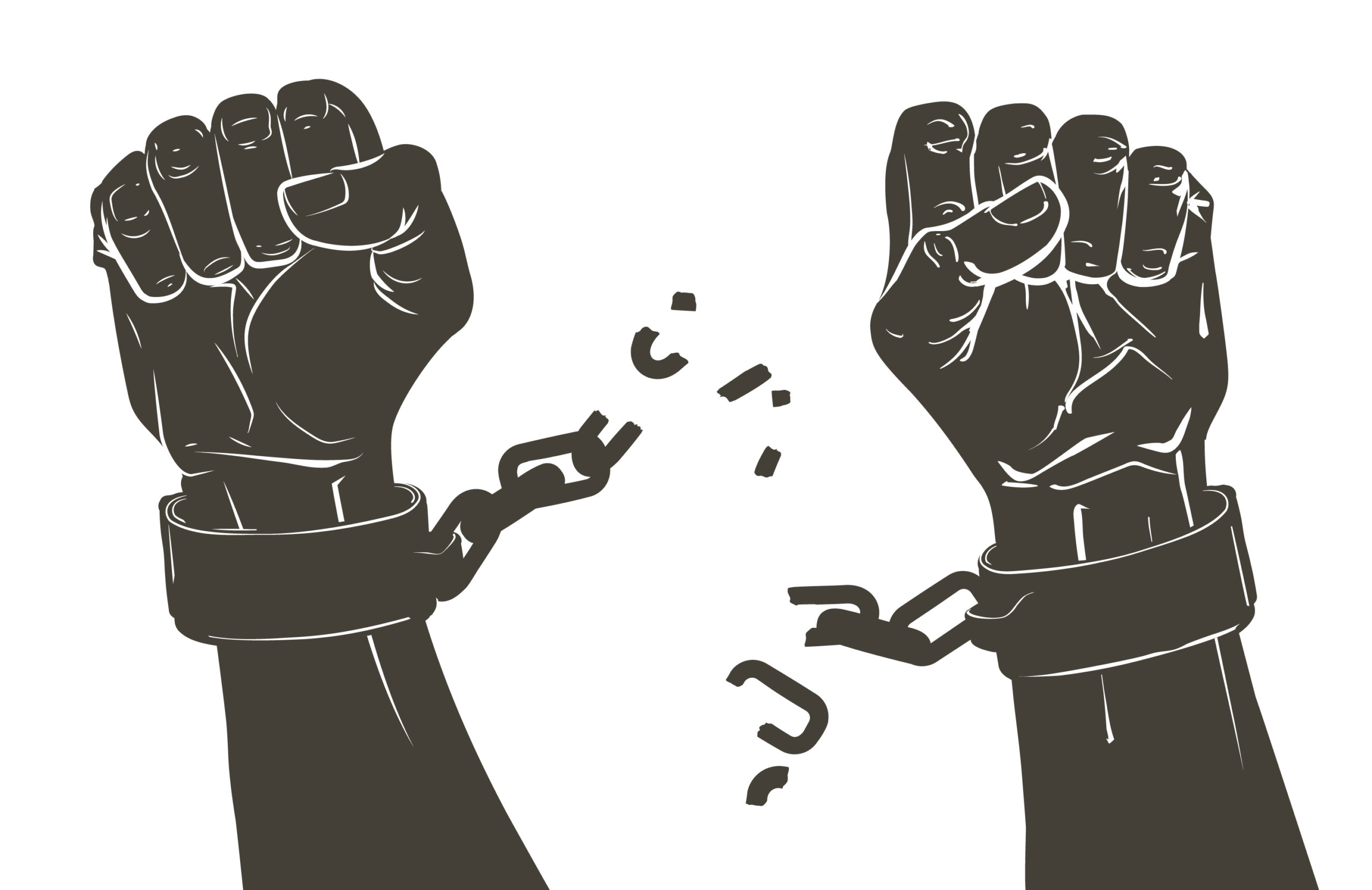Modern abolitionism is a movement pursuing an end to the abhorrent injustice of the Prison-Industrial Complex and the last vestiges of state-sponsored slavery in America. Prisons are intended to be institutions of crime-deterring punishment and inmate reform, yet studies show that the carceral system is not effective in preventing crime nor curbing criminal behavior in people who have previously resided in one of America’s ~6,300 jails, prisons, and detention centers. Instead, penal punishment serves as a tool of systemic oppression in order to inflict generational trauma, politically & economically disenfranchise entire communities, and, due to the 13th Amendment to the U.S. Constitution, facilitate legal slavery. These harmful and disruptive effects of carceralism are amplified by the fact that each individual U.S. state incarcerates more people per capita than almost every other democracy on the planet and Michigan is no different. These prisons then use their swelled inmate populations to manufacture goods (license plates, clothing, furniture) and provide services (roadside litter cleanup, firefighting, call center staffing) cheaply, since they pay each laborer, on average, less than a dollar an hour – if at all. Also, although the sole for-profit prison in Michigan closed in September of 2022 due to a Biden administration executive order, privately managed prisons across the country profit from and politically promote mass incarceration and receive tax-payer funds based on the size of their inmate population due to prison gerrymandering. The aformentioned for-profit Michigan prison was set to rake in $37 million annually based on these practices. It’s no wonder then that prison labor (i.e. state sponsored slave labor) is a multi-billion dollar industry and that both public and private prisons have an economic and political interest in imprisoning, and keeping imprisoned, as many people as possible.
At ICPJ we believe that societal institutions should be proactive at meeting the needs of a community in order to address the root causes of crime, such as poverty, so that people never have to resort to crime to meet them themselves. Punitive measures should be just one small part of a robust network of Washtenaw County’s response to illegal behavior which instead should center on decriminalization of certain non-violent offenses and compassionate community care wherever possible. We are committed to abolitionism as a path towards correcting the injustices of the carceral system by challenging over-policing in marginalized communities, redirecting law-enforcement funds to community based and accountable services that are proactive at stopping crime, ending the illegitimate “war on drugs” which populates prisons with an absurd plethora of non-violent offenders, restoring voting rights to those who have been stripped of them due to imprisonment, and much more with a focus on making prisons obsolete and sparingly used.
On this page you’ll find all the work that we do and have done towards this goal.
